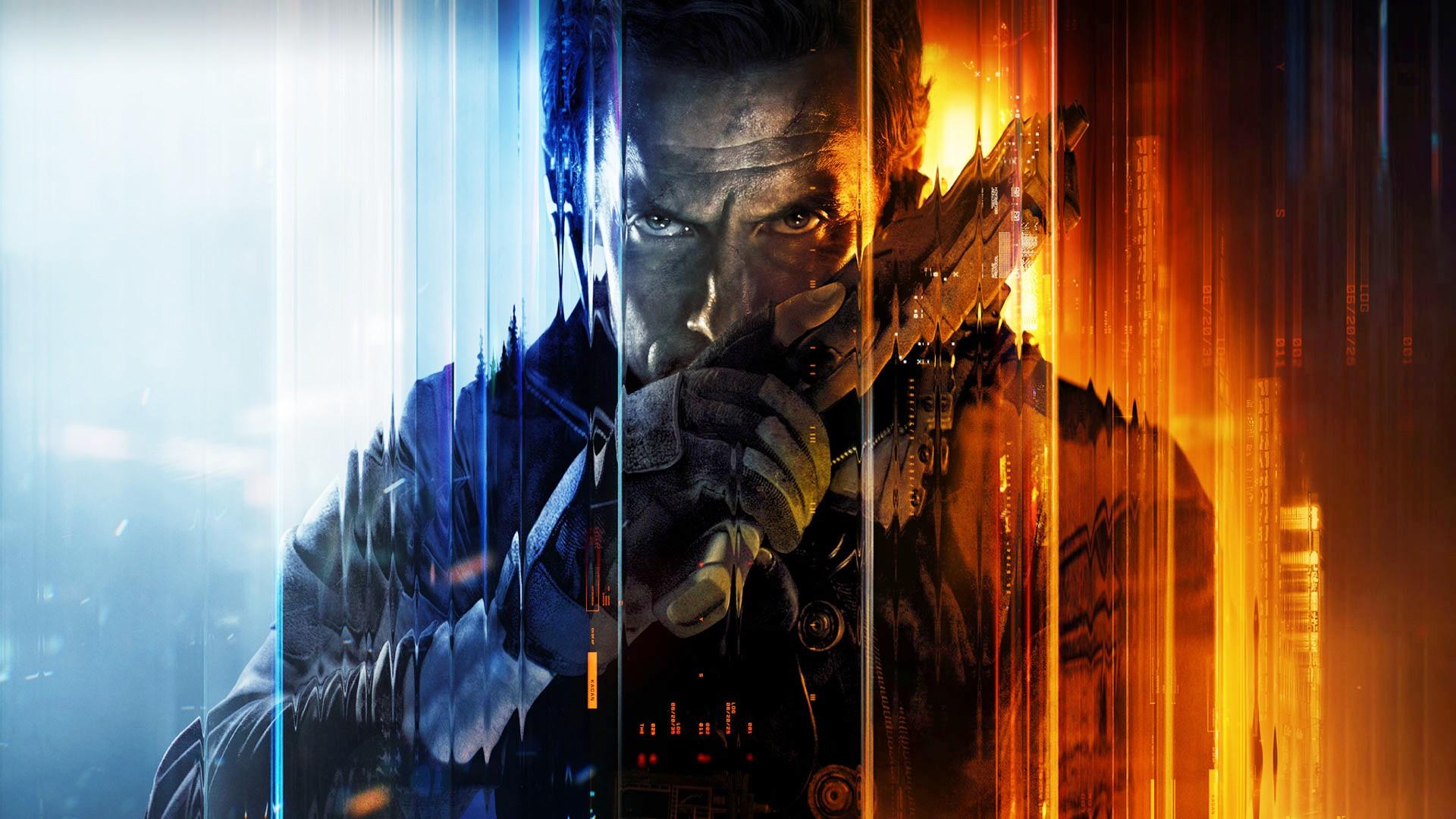-
Ροή Δημοσιεύσεων
- ΑΝΑΚΆΛΥΨΕ
-
Σελίδες
-
Blogs
-
Forum
Best Black Ops 7 settings for optimized PC performance

Best Black Ops 7 settings for optimized PC performance
Finding the best Black Ops 7 settings for your gaming PC is thankfully an easy job. It's largely made easy thanks to its use of a competent graphics auto-detect system, but also some extremely detailed settings menus, which let you know exactly which options will be a major strain on your gaming rig's resources.
The Black Ops 7 system requirements don't demand any of the current best graphics card picks from our buying guide, meaning you can play the latest Call of Duty game on fairly old hardware. That being said, there's still an element of optimization needed to get the best out of Black Ops 7, and that's where our testing can help.
- VSync: Off
- Upscaling: Nvidia DLSS (Or FSR for AMD GPUs)
- Upscaling Quality: DLAA (or Native for FSR)
- Frame Generation: Off
- Texture Resolution: High
- Texture Filter Anisotropic: High
- Depth of Field: On
- Detail Quality: High
- Particle Resolution: High
- Bullet Impacts: On
- Persistent Effects: On
- Shader Quality: High
- On-Demand Texture Streaming: Optimized
- Shadow Quality: High
- Screen Space Shadows: High
- Occlusion and Screen Space Lighting: High
- Screen Space Reflections: High
- Static Reflection Quality: High
- Terrain Quality: Very High
- Volumetric Quality: Medium
- Deferred Physics Quality: High
- Weather Grid Volumes Quality: Ultra
- Water Quality: All
- Field of View: 90
- ADS Field of View: Affected
- World Motion Blur: Off
- Weapon Motion Blur: Off
Using the above settings on our Nvidia RTX 4070 test rig (full PC specs under the How We Test section), we achieved an average frame rate of 121fps with 1% lows of 75fps at 1,920 x 1,080. Moving up to a resolution of 2,560 x 1,440, the average frame rate was 101fps with 1% lows of 67fps. Finally, at 4K, the average frame rate was 81fps with 1% lows of 53fps.

Black Ops 7 runs great on our test rig, and given that the general Call of Duty system requirements haven't shifted much over the last few installments, many older and budget gaming PCs built in the last four years should handle the game's demands just fine.
Black Ops 7 graphics presets
There are five total graphics presets in Black Ops 7, and thanks to the VRAM calculator, we know how much each one requires.
- Minimum - 3.39GB
- Basic - 3.39GB
- Balanced - 3.72GB
- Ultra - 4.47GB
- Extreme - 5.97GB
While not technically a preset, there is also a "recommended" graphics setting, which takes your system hardware into account and automatically creates a full graphics profile for you to use.
I sometimes find these automatic systems set the graphics options too high, but with Black Ops 7, the settings were quite close to what I eventually settled on. The main differences between my settings and those set by the automatic system were that I reduced the DLSS setting to DLAA, while lowering the shadow and lighting quality from Ultra to High.
How we tested Black Ops 7
At PCGamesN, we use dedicated gaming rigs to test the best settings for performance and gameplay in the latest releases. The test rig used to play Black Ops 7 includes the following components: Intel Core i7-11700F, Nvidia GeForce RTX 4070 12GB, 32GB of DDR4 3,200MHz RAM in dual-channel configuration, and an MSI B560 motherboard. We also test using Windows 11 64-bit.
We always run our testing first at 1,920 x 1,080 to identify the best settings for this entry-level resolution, then again at 2,560 x 1,440 using the same setup to gauge the difference in performance. Finally, we also test at 4K. We use CapFrameX to capture frame data and compare testing sessions.
Does Black Ops 7 need an SSD?
Black Ops 7 requires an SSD, regardless of whether you're aiming for the minimum or recommended system requirements. If you're still struggling with a mechanical hard drive, or your drive could do with an upgrade, check out our guide to buying the best gaming SSD, so you can get the best balance of performance and capacity for your needs.
How to monitor performance in Black Ops 7
If you want to keep an eye on performance in Black Ops 7, we have an easy method that works whether you're using an Nvidia or AMD graphics card.
For Nvidia cards, ensure you have the Nvidia App installed and the in-game overlay enabled, and then hit ALT + R in-game to bring up your performance monitor. With AMD cards, you can enable performance monitoring via the Radeon overlay using the shortcut CTRL + SHIFT + O.
Alternatively, you can download free software such as CapFrameX or Nvidia FrameView, to get a cleaner, more simplified benchmarking tool that works with any graphics card.
Meanwhile, most gaming handhelds will have a dedicated button to access a quick menu from which performance monitoring, sometimes called real-time monitoring, can be accessed.
What are your preferred settings for Black Ops 7? Let us know on our community Discord server, where you can chat about this game with members of the team and fellow readers.


